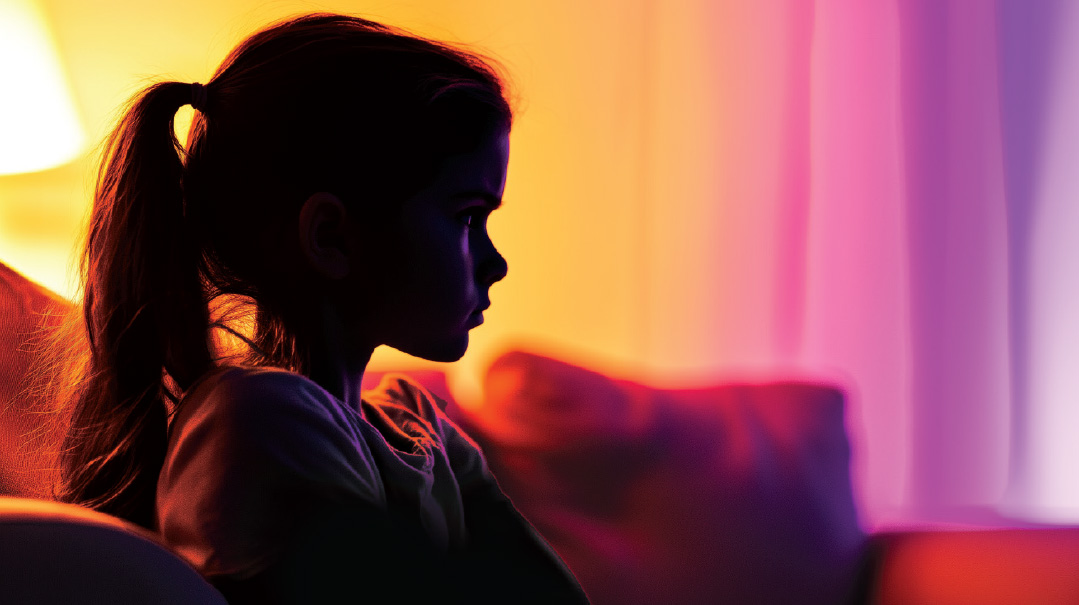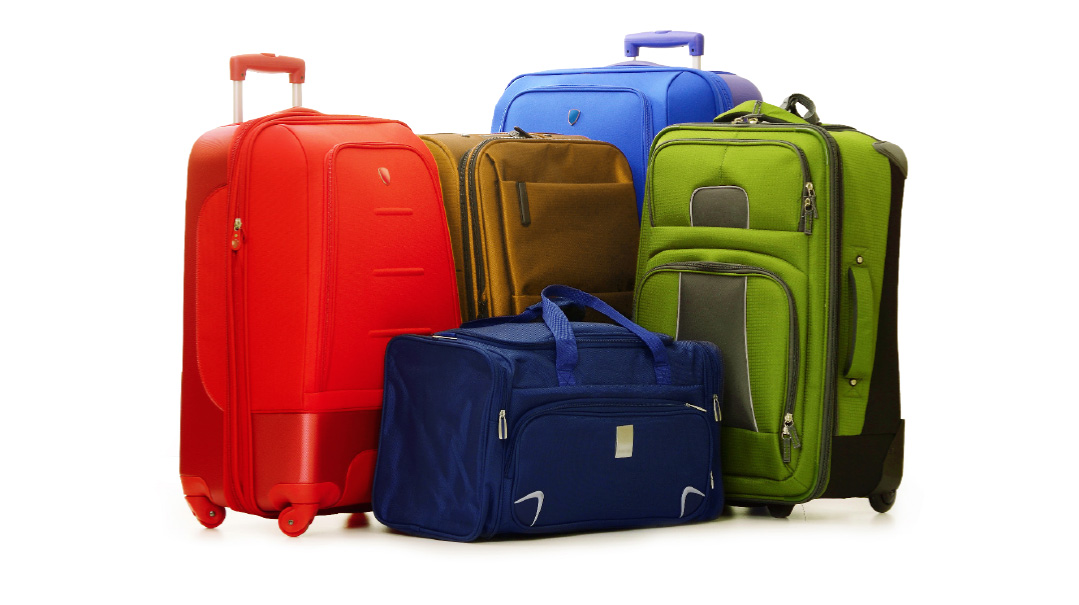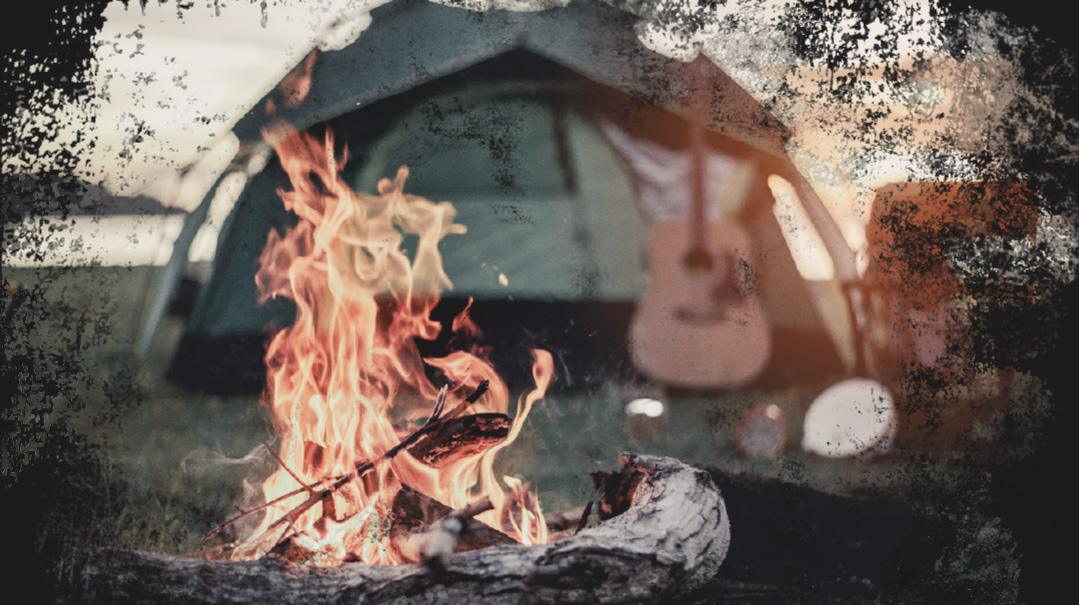“How Do I Help My Daughter Be Resilient?”

As parents, we have one opportunity that is greater than all the others we’ve just mentioned: We can “empower” our children
Q:
My 16-year-old daughter has always been the type to worry. It’s not anxiety, per se, but while her siblings and peers seem to be able to process difficult information and move on, it’s not so easy with her. Most of the time she’s totally fine, but with Covid, for example, I noticed that if she was around people who were extra tense and speaking about it nonstop, she would also tense up, worry, ask me questions, and share her concerns about what she heard, even days or weeks later.
Now, with the horrible matzav in Eretz Yisrael, she’s reacting the same way. I don’t want to say she’s too worried about the war — it’s an extremely worrisome topic — but she’s not sleeping well, she’s having a hard time focusing on schoolwork or friends, and it seems to be the only thing she can talk about. I want her to be nosei b’ol, but how do I make sure she is resilient also?
A:
Your question is one that many of us are dealing with, on many different levels and with many variations. I will try to answer from a chinuch standpoint with therapeutic sensitivity, but not as a therapist, as I am not one.
Firstly, regarding your daughter: It is imperative that you and she both understand that anxiety is normal, worrying is normal. Different people have different dispositions. You have noticed that among your children there are a variety of tendencies and different levels of sensitivities. As parents, we must listen to, understand, guide, and encourage our children through the circumstances that arise in life, each child according to his or her personality and character. Some children will require more attention, others more discussion, and still others more independence.
As parents, we have one opportunity that is greater than all the others we’ve just mentioned: We can “empower” our children. Empowering our children means enabling them manage difficulty, accomplish things on their own, and build resilience.
Fear is an instinct that Hashem put in our system as tool for self-preservation. People who have no fear are often in unnecessary danger. When a child is afraid, we need to validate his feelings. Help him understand why we experience fear and discuss with him the details of his fear. Ask him questions like: What would help you feel less afraid? Did you ever feel afraid before? What happened? What would you like to do about this situation? What can we do about this situation?
Tense, worried? These instincts notify us to prepare for difficulties and challenges. All of our instincts are real and natural. It is also very common that these feelings will arise when one is in a stressful or unfamiliar situation. When my body goes tense, it is part of the warning system. When I get worried, it is often a sign that danger could be near.
Sometimes there are very important actions to take: run, hide, be careful. Sometimes it is a reminder that we need to daven. In all cases, we need to see what is before us and figure out what we should be doing.
It is when our imagination takes these natural protective senses to places that are not necessarily realistic that we get stuck and lose our ability to prepare realistically. We want to help our children identify the realistic action we need to take as opposed to being frozen in the fear or worry.
By asking your daughter open-ended questions that she needs to process, we make her a part of the solution. When we ask the question without giving the answer, we are helping her figure out where she stands and what is happening to her.
No judgment, no negativity — just listening, encouraging, and understanding. All this is the standard answer.
A few words about nosei b’ol, sharing in the pain and joy of others. We must make sure to share information that is age- and personality-appropriate. To share, one needs to be able to own that pain, and we must be careful what we are asking our children to own. That which comes their way and they know because they need to know is more than enough to share, and often, they need help carrying even that.
We need to do everything we can to make sure that they are not exposed to the impossible amount of tragedy with the details that are being circulated. The social media of today is more dangerous to our children than ever. War is brutal, the pain and suffering are not to be shared beyond what they experience.
Everything we have said till now is the first part of the answer — how we deal with fear, worry, and tension on a daily basis with children of all ages.
But we are Yidden, the children of Avraham, Yitzchak, and Yaakov. There is another message, an all-important one that we must share with our children. We have other tools and techniques, the means we have from our mesorah of almost 4,000 years.
We are indeed in a difficult time. Jews are threatened not only in Eretz Yisrael, but everywhere else as well; from Australia to Canada, from South Africa to Paris, and from New York to London. We will need to bring our children to understand that our ultimate power, hope, and confidence lies not in fighting the war, but in Hashem and His love for His children, our people.
It is a time to add to the tools we spoke about before — emunah, bitachon, achdus, and chesed. When we are in an eis tzarah, when Klal Yisrael is in pain and difficulty, we need to learn Torah and we need to daven, as a real and true response. It is our most powerful tool, guaranteed to work. We see how Jews are coming together in so many ways, all of which are beautiful. Everything that we do in our hishtadlus, in Eretz Yisrael, and all over the world, can only be successful if it comes alongside tefillah.
We will fight wars, take political action, seek economic solutions, and attempt international relations as parts of hishtadlus. But in the end, we the Jewish People will survive with our spirit. Our continued existence is contingent on our relationship with Hashem.
In times like this, when no one knows where things are headed, no one knows if, when, or where the challenges will come, when the world is on fire, we need to boost our children’s resilience by sharing our history, our strength, our emunah, bitachon, and confidence that Hashem knows what is right for us and that we are in His hands. These are messages of Jewish strength and resilience, and we must make sure that we own them enough ourselves to share them with our children.
May we see the Geulah with the coming of Mashiach very quickly.
(Originally featured in Mishpacha, Issue 983.
Oops! We could not locate your form.







